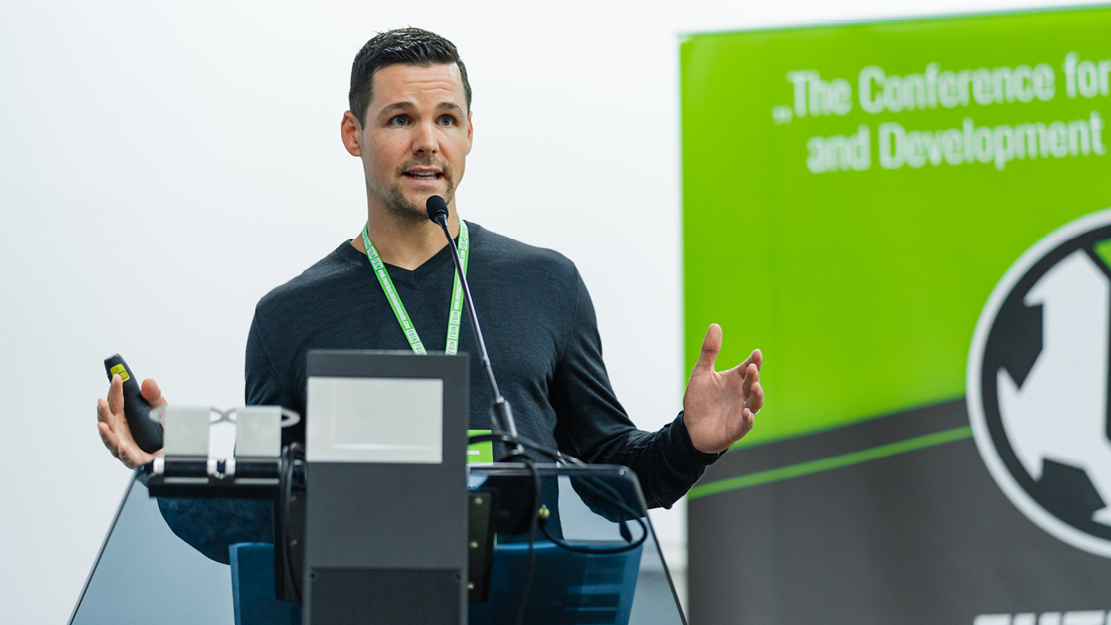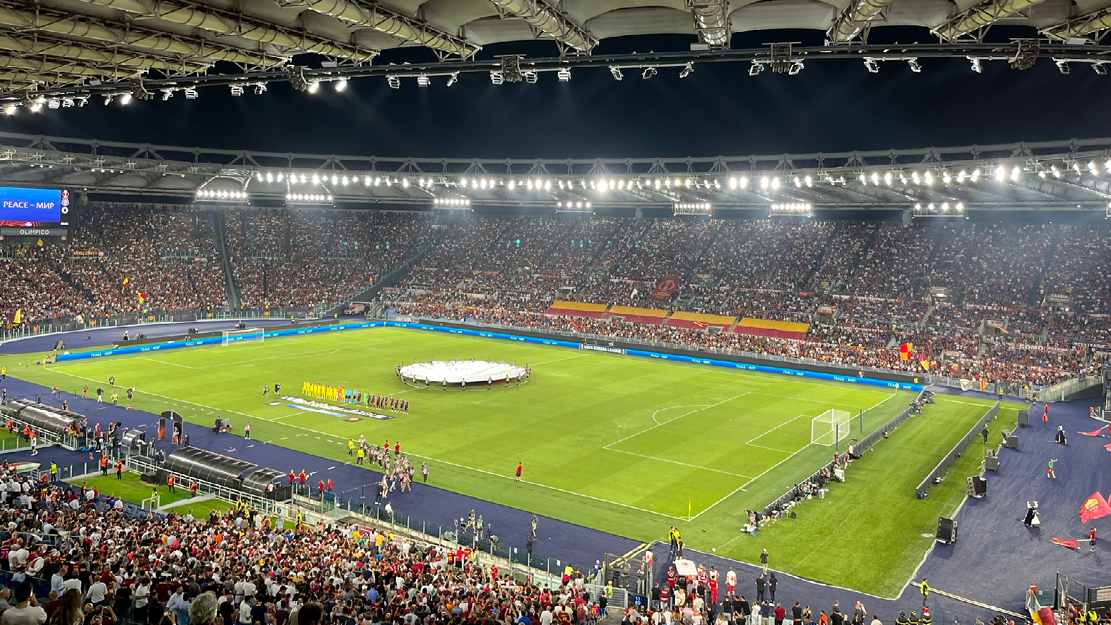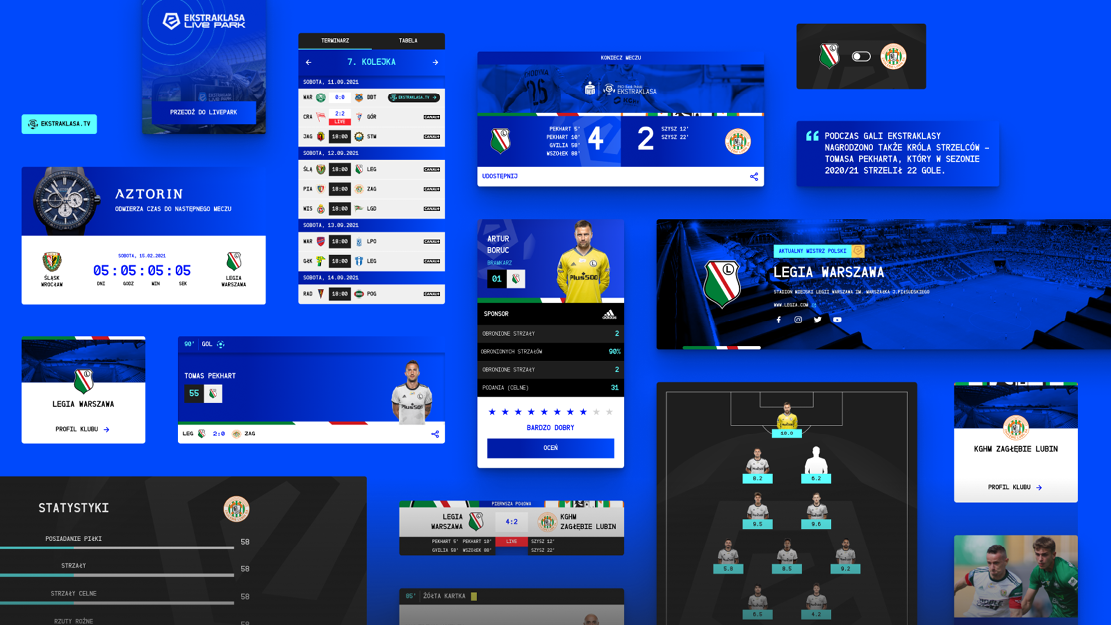In this episode of the Football Business Podcast, we spoke with Josh Simpson, Co-Owner and President of Pacific FC, about how he and two other partners founded the club and their mission to put Canadian football on the world map. This is the summary of the podcast.
From being a pro player to co-founder/president of a Pacific FC
Josh started playing professional football at age 10, including for Canada’s U-15 and U18 national teams. Then he proceeded with his playing career at the University of Portland and went on to play for many European teams, including Millwall (England), Kaiserslautern (Germany), Manisaspor (Turkey), and BSC Young Boys (Switzerland).
When the opportunity to establish the Canadian Premier League arose in 2017, Josh and two other partners founded Pacific FC with the mandate of reshaping Canadian football’s future. Josh’s international playing experience, financial expertise, and infectious enthusiasm became valuable assets to a newly-founded club in a brand new league.
“I had zero experience as a football executive back then, but I did have a nose for business, my business know-how, and my 20-year football career, and that is how it all came together”
Why are the Canadian Premier League and the Canadian National Team combined together?
The idea is similar to the Major League Soccer (MLS) combining with the US national teams to package soccer into a one-stop shop. That’s how the Canadian Soccer Business was formed to drive Canadian football forward. One centralized governing body is responsible for negotiating all the commercial interests, rights, and assets for the Canadian Premier League’s clubs and the men’s and women’s national teams. So it is a unique approach to attract more partners or sponsors via a one-stop-shop for soccer in Canada.
“In 2018, when we started the Canadian Premier League, it was not easy. You needed a whole movement of the entire nation. So I gotta say it was a brilliant way to bundle all the rights of soccer in Canada so that everybody’s sticking together and pushing for the same goal.”
Was there a role-model club that inspired you when starting from scratch?
As an ex-professional, Josh had the experience of hundred stadiums worldwide, but the one that struck his mind was Queens Park Rangers in England due to its unbelievably intimate atmosphere. It was the atmosphere and the operation size that his team built out the framework from.
The challenges when it all started…
Canada is the land of many amazing things, one of which is hockey – the national sport. On the other hand, soccer is still new to Canadian sports fans, but luckily soccer is the fastest-growing sport in Canada. It’s also the number one sport for immigrants or so-called new Canadians. Secondly, it was very challenging to come to a new city that had never had a professional league before and to explain to the people what it meant.
“A lot of people, even today, still don’t understand what the Canadian Premier League is or are still not behind soccer, despite the massive movement in the country.”
The unique-selling points of Pacific FC
Josh believes the best way to pitch to potential investors is to invite them to a home game, since the club’s unique proposition is its incredibly tight and intimate in-stadium atmosphere. Secondly, Pacific FC desires to be best-in-class in every aspect, from service, food & beverage, and hospitality for all levels of fans. Lastly, the exciting playing style is crucial in evoking emotions and feelings.
The role of “net positive” to the club’s development
Josh was one of the speakers at the FUTURE OF FOOTBALL BUSINESS Conference in Graz in September this year, where he discussed Pacific FC’s journey to net positive. (You can watch his presentation here).
Josh highlighted once more in this episode that net positive means giving more than you receive, or is Canada better off because Pacific FC is here? Net positive is a probably never-ending journey, and the club is trying to put things in motion. There are hundreds of metrics, but Pacific FC focuses on three key pillars: community, infrastructure, and youth development. For example, the club spent a great deal of effort in its first year building a 60,000 sq. ft. training facility for the first team, the youth team, and local communities. Another example is when Pacific FC’s new jersey, created by an Indigenous artist sold out within hours of its release.
The next big projects
First is the Starlight stadium’s expansion plan from 5750 seats to 10,000 seats with a new grand main stand with hospitality suites. Josh believes this will bring Pacific FC to the next level as it can attract international brands or host national teams’ games.
Second is the Athletes Village for young players, since housing in Canada is becoming too expensive for them. Josh and his team addressed that to the city mayor, Stew Young, and Pacific Fc will jointly invest in this athlete village, a multifamily complex with 6-stories. The goal is to support and further take care of local young players. That will be an excellent accommodation beside the training ground so young players can easily commute to schools, training grounds and their houses. The club’s long-term vision is to streamline its youth development to build better players that can make Pacific FC better in competitions or have higher ROI in player trading. Still, the most crucial aspect is to produce not just great athletes but also well-educated members of society.






